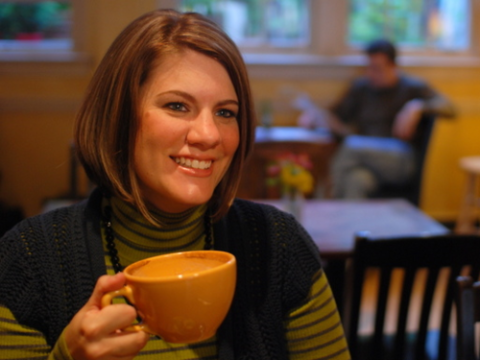4 gifts Rachel Held Evans gave us
Rachel grasped the true arc of Christianity: that death comes before life, that doubt comes before belief, that the gospel comes to us in a world that is sick.

(RNS) — When the heartbreaking news came this weekend that Rachel Held Evans had passed away after enduring a medical coma for three weeks, it quickly became clear just how many people she had touched.
Testimonies poured out from across the spiritual spectrum.
Evans, in just 37 years of life, had done more to preach the wildly expansive love of God than most will do in a lifetime.




